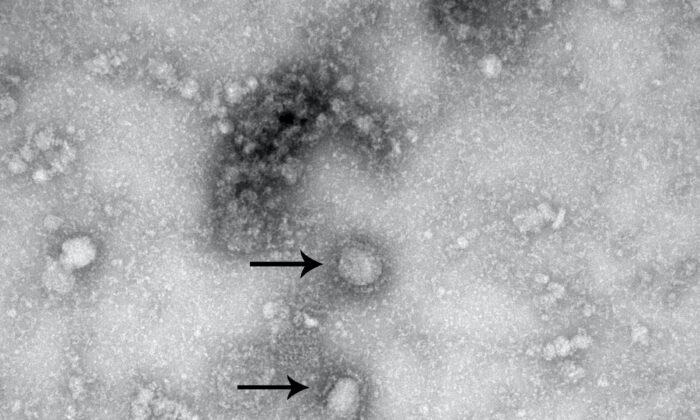These monoclonal antibodies are produced by a single clone of cells or a cell line with identical antibody molecules and bind to certain proteins of a virus, reducing its ability to infect human cells.
HHS’s Biomedical Advanced Research and Development Authority (BARDA) and Regeneron have had a partnership since 2014 and the company will use the same “VelociSuite technology” it used to develop a “promising investigational three-antibody therapeutic” which was used to treat Ebola in the Democratic Republic of Congo in 2019, the statement said.
“The life-saving results seen with our investigational Ebola therapy last year underscore the potential impact of Regeneron’s rapid response platform for addressing emerging outbreaks,” said George D. Yancopoulos, President and Chief Scientific Officer of Regeneron.
“Our unique suite of technologies expedites and improves the drug discovery and development process at every stage, positioning Regeneron to respond quickly and effectively to new pathogens. We are eager to expand our productive collaboration with BARDA and are already working hard to address the Novel Coronavirus that is causing worldwide concern.”
The same technology was also used for an investigational two-antibody therapeutic to treat Middle East Respiratory Syndrome coronavirus (MERS-CoV).
“Emerging infectious diseases can present serious threats to our nation’s health security,” said Rick Bright, Director of BARDA.
Bright added that the collaboration will help to rapidly “respond to new global health threats.”
In addition to its expanded collaboration, the department is also teaming up with the Department of Defense to review potential vaccines, treatments, and diagnostics developed for MERS or Severe Acute Respiratory Syndrome (SARS), to identify if any of them might detect, protect against, or treat the deadly 2019-nCoV.
In January, the World Health Organization declared the coronavirus outbreak a global public health emergency, and as of yet there are no FDA-approved vaccines or medicines to treat the virus.
The Novel Coronavirus has spread to more than 20 countries and territories in Asia, Europe, the Middle East, North America, and Oceania.
Experts believe that the situation is far worse in China than the official numbers portray, because the regime is not disclosing the true number of infections and deaths.






Friends Read Free